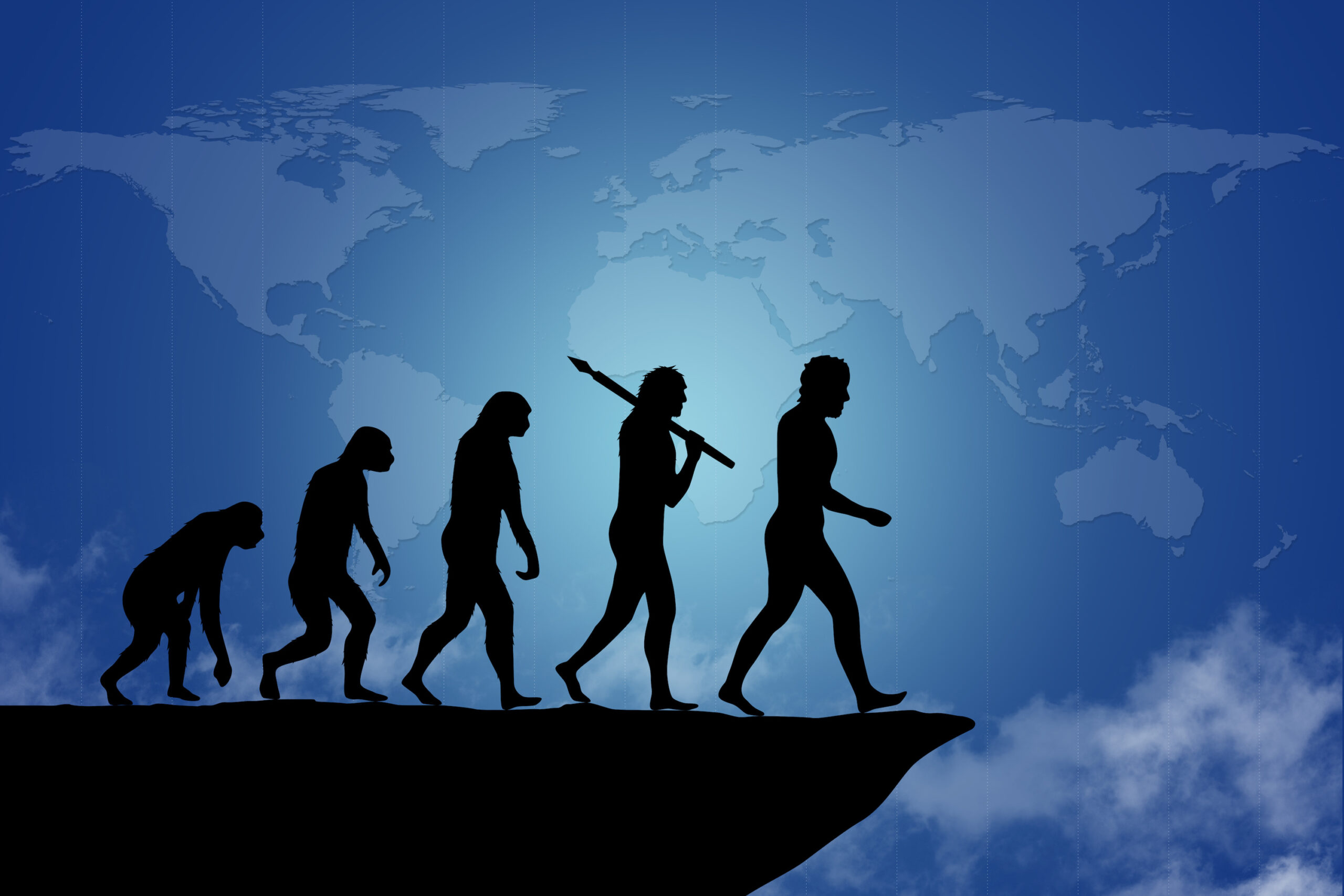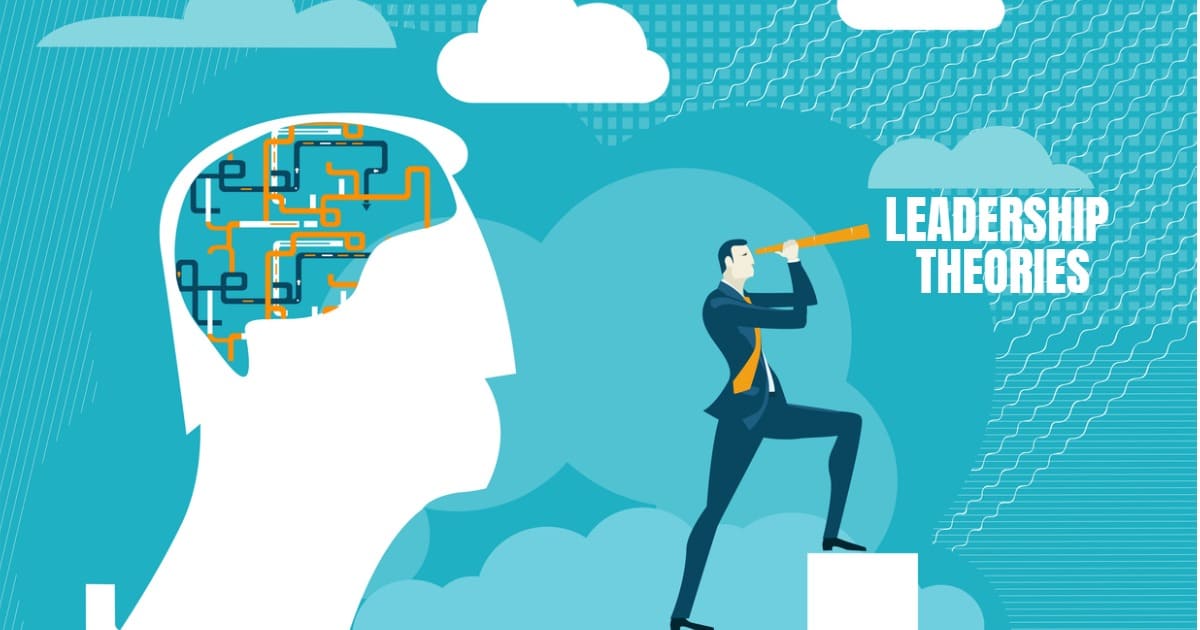An insightful exploration of the changing landscape of leadership and management and how education prepares individuals to succeed in today's world.
Introduction: The Changing Landscape of Leadership and Management
Leadership and management are essential components that drive the success and growth of organizations, businesses, and even entire societies. In the past, these concepts were often seen as separate, with leadership typically being associated with authority and vision, while management was more about efficiency and control. However, in today’s fast-paced, interconnected world, these roles have evolved, blending together and becoming more fluid.
This evolution has been influenced by many factors, such as technological advancements, globalization, and shifting societal values. As a result, effective leadership and management today require a broader skill set, with a stronger focus on collaboration, adaptability, emotional intelligence, and continuous learning.
For individuals looking to excel in the dynamic fields of leadership and management, investing in high-quality education is more critical than ever. Al Mithaq Institute specializes in offering top-tier programs in leadership, business management, and other fields, both online and offline. These programs are designed to provide students with the skills and knowledge needed to thrive in a rapidly changing world.
The Origins of Leadership and Management
Leadership and management have existed in various forms throughout human history, though the modern understanding of these roles is a relatively recent development. In ancient civilizations, leaders were typically military commanders, kings, or tribal chiefs who maintained control through strength, fear, and strategic insight. Early management practices, if we can call them that, focused on organizing resources to achieve goals, but these were not as formalized as today’s business management practices.
The early concepts of leadership were often authoritarian, with leaders relying on their power and influence to direct their followers. Management was largely about resource allocation—organizing people, land, and materials to accomplish a task. During the agricultural and medieval eras, these concepts were primarily concerned with military conquests or the management of land and estates.
It wasn’t until the Industrial Revolution in the 18th and 19th centuries that leadership and management began to evolve into more structured concepts. The rise of factories and large-scale industries demanded efficient organizational structures and methods of leadership that were different from those used in earlier eras.
The 20th Century: The Rise of Modern Management Theories
The early decades of the 20th century witnessed the development of several foundational management theories that still influence leadership practices today. Frederick Taylor’s theory of scientific management, for instance, emphasized efficiency through standardized processes, time studies, and task optimization. While these principles helped to improve productivity in the industrial era, they also fostered a top-down, hierarchical approach to management, focusing primarily on getting the most out of workers.
However, in response to the rigid, mechanical nature of early management practices, thinkers like Elton Mayo and Abraham Maslow began to emphasize the human side of management. Mayo’s Hawthorne Studies revealed the importance of social factors in the workplace, such as employee motivation and morale. Maslow’s Hierarchy of Needs emphasized that individuals have both basic survival needs and higher-level needs, such as the need for belonging and self-actualization, which affect their productivity and engagement at work.
These ideas sparked the Human Relations Movement, which sought to improve worker satisfaction, morale, and overall well-being. In parallel, Douglas McGregor’s Theory X and Theory Y presented two contrasting views of human nature in the workplace. Theory X assumed that employees were inherently lazy and needed to be controlled, while Theory Y suggested that employees were self-motivated and should be given more autonomy.
Key Leadership and Management Theories and Frameworks
Over the course of the 20th century and into the 21st, several theories of leadership and management have been introduced and refined, each contributing valuable insights into how organizations can best be led and managed. These theories have influenced both academic thought and practical business strategies.
- Transformational Leadership: Focuses on inspiring and motivating employees to exceed expectations and achieve high levels of performance. Transformational leaders act as role models, encouraging innovation, and fostering an environment of trust and collaboration.
- Transactional Leadership: A more structured approach, where leaders offer rewards or penalties based on performance. This style is often effective in industries where adherence to rules and procedures is crucial.
- Servant Leadership: Puts the needs of others first, empowering teams to reach their full potential. This leadership style promotes collaboration, trust, and community-building within organizations.
- Situational Leadership: Leadership style adapts to the specific context or situation, allowing leaders to adjust their behavior according to factors such as team maturity, task complexity, and organizational culture.
- Contingency Theory: Asserts that there is no single best way to lead; effective leadership depends on the context in which it occurs. Leaders must assess various factors, such as team dynamics and external environment, before choosing the most appropriate leadership style.
The Impact of Technology on Leadership and Management
One of the most profound changes in the evolution of leadership and management has been the impact of technology. As digital tools, big data, and automation continue to reshape the workplace, leaders must adapt to new ways of managing operations and making decisions.
In the past, leaders often relied on instinct and experience to make decisions. Today, many leaders use data-driven insights to inform their strategies. Big data allows leaders to track trends, predict outcomes, and make more informed decisions faster than ever before. Technologies like artificial intelligence (AI) and machine learning are also being integrated into leadership practices, helping leaders optimize operations and even predict future developments within their organizations.
The rise of communication technologies has also changed how leaders interact with their teams. In today’s world, leaders must be adept at managing remote teams, using digital communication platforms to keep employees connected, motivated, and productive. The advent of project management software and collaboration tools has revolutionized the way tasks are delegated, tracked, and executed within organizations.
Technology has made it possible for leaders to access real-time data, collaborate with global teams, and manage complex operations with greater ease. However, it has also raised the bar for what is expected of leaders. The modern leader must be tech-savvy, capable of navigating a digital landscape while maintaining a focus on their team’s well-being and the organization’s long-term goals.
Leadership in the 21st Century: A Global Perspective
As the world becomes increasingly interconnected, leadership and management have taken on a more global perspective. The rise of globalization has made it essential for leaders to understand cultural differences, manage diverse teams, and navigate international markets.
Leadership in the 21st century requires an understanding of cross-cultural communication, global economic dynamics, and the ability to adapt leadership styles to different cultural contexts. Diversity and inclusion have become central to modern leadership, with leaders being expected to create workplaces that are welcoming to people from all backgrounds.
The rapid pace of globalization has also brought about new challenges, including the need for agility and adaptability. Leaders must be able to pivot quickly when faced with new economic conditions, market shifts, or social movements. Today’s leaders are expected to be lifelong learners, constantly evolving their skills and approaches to meet the needs of an ever-changing world.
The Role of Education in Leadership and Management Evolution
As leadership and management have evolved over the years, so too has the role of education in shaping the leaders of tomorrow. Leadership is no longer something that can be left to chance or developed solely through experience. In today’s competitive and rapidly changing environment, formal education is essential for equipping leaders with the skills and knowledge needed to succeed.
Today, leadership education covers a wide range of disciplines, from emotional intelligence and strategic decision-making to project management and global business practices. Formal education programs offer the opportunity to gain in-depth knowledge, develop critical thinking skills, and learn from experienced instructors and industry experts.
Al Mithaq Institute recognizes the importance of leadership education and offers a variety of diploma programs that focus on developing the next generation of leaders. Whether you are interested in business management, project management, or leadership training, our courses are designed to give you the tools you need to succeed in today’s complex business landscape.
The Growing Demand for Management and Leadership Training
As businesses face increasing challenges in a globalized economy, the demand for skilled leaders and managers is higher than ever. From tech startups to multinational corporations, companies are seeking individuals who can navigate complex decision-making, manage diverse teams, and adapt to changing market conditions.
Management and leadership training is essential for anyone looking to advance their career or enhance their current skill set. Programs that offer specialized diplomas or certifications provide professionals with the credentials needed to stand out in a competitive job market.
Al Mithaq Institute is proud to offer a wide range of management and leadership programs that are accredited both locally and internationally. Our Diploma in Business Management, Diploma in Project Management, and other relevant programs equip students with the skills needed to lead teams, manage complex projects, and drive organizational success.
Conclusion: Invest in Your Future with Al Mithaq Institute
The evolution of leadership and management has been shaped by countless social, technological, and economic factors. As the world continues to change, so too must the way we lead and manage. In today’s complex business landscape, effective leadership requires a deep understanding of human behavior, technological advancements, and global dynamics.
Education plays a crucial role in preparing the leaders of tomorrow. By enrolling in a leadership or management program at Al Mithaq Institute, you’ll gain the knowledge, skills, and experience needed to thrive in a rapidly evolving world. Our accredited programs provide a comprehensive education that focuses on both theory and practical application, ensuring that you are ready to tackle the challenges of the future.
Take the next step in your professional journey today. Explore our courses and discover how Al Mithaq Institute can help you achieve your leadership and management goals.







